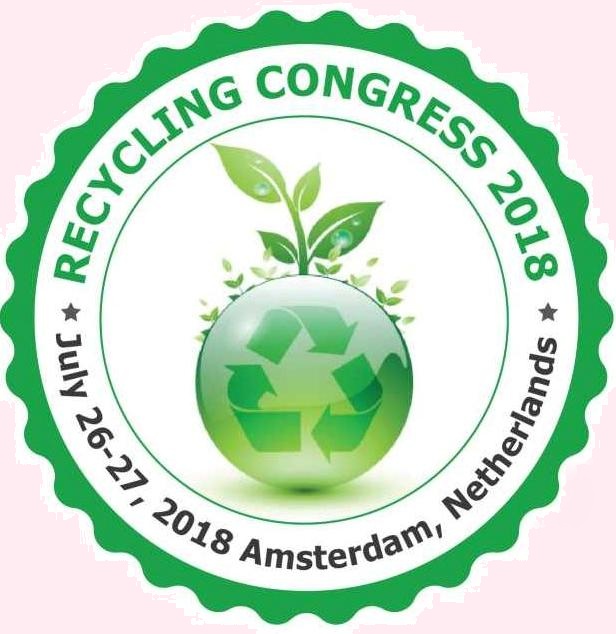
Chimere Ohajinwa
Leiden University,Netherlands
Title: Informal electronic waste recycling and Sustainable Development Goals
Biography
Biography: Chimere Ohajinwa
Abstract
As the use of electrical electronic devices is increasing, electronic waste (e-waste) is also increasing. Informal e-waste recycling is unsafe and poses risks to the environment and health of the e-waste workers and people around the e-waste recycling sites. E-waste particularly presents challenges to achieving Sustainable Development Goals (SDGs) by 2030 in countries where unsafe e-waste recycling is practiced. A better understanding of the e-waste management practices in those countries (developing countries) will contribute to achieving the SDGs related goals: environment related (6, 11, 12, 14 and 15), health (3), and decent work and economic growth (8). To tackle these challenges in developing countries, insights into the knowledge, attitude, and work practices of the workers is paramount. In addition, understanding the health and environmental impacts of informal e-waste recycling may offer opportunities for better e-waste recycling management strategies to reduce the health effects of informal e-waste recycling. A cross-sectional study was used to assess health risk awareness of 279 informal e-waste workers (repairers and dismantlers) in three locations in Nigeria. A questionnaire was used to obtain information on socio-demographic backgrounds, occupational history, knowledge, attitude, work practices, and injury prevalence. Soil and dust samples from the e-waste sites were analysed also. The data was analysed using descriptive statistics and Analysis of Variance. There was a significant difference in the knowledge, attitude, and practice mean scores (p = 0.000) of the various groups of e-waste workers. Overall, only 43% of e-waste workers could mention at least one Personal Protective Equipment (PPE) needed for their job. Only 18% of the workers use personal protective equipment (PPE). There was high injury prevalence of 89%. A positive correlation exist between the workers’ knowledge and their attitude and practice. Main factors associated with injury occurrences were job designation and the geographical location. The chemicals at the e-waste recycling sites exceeded the standard guidelines and the controls by a factor of 100s to 100s. Increasing the workers’ knowledge may decrease risky work practices, encourage them to use PPE, and improve the work environment, which will consequently contribute to achieving the SDGs.

